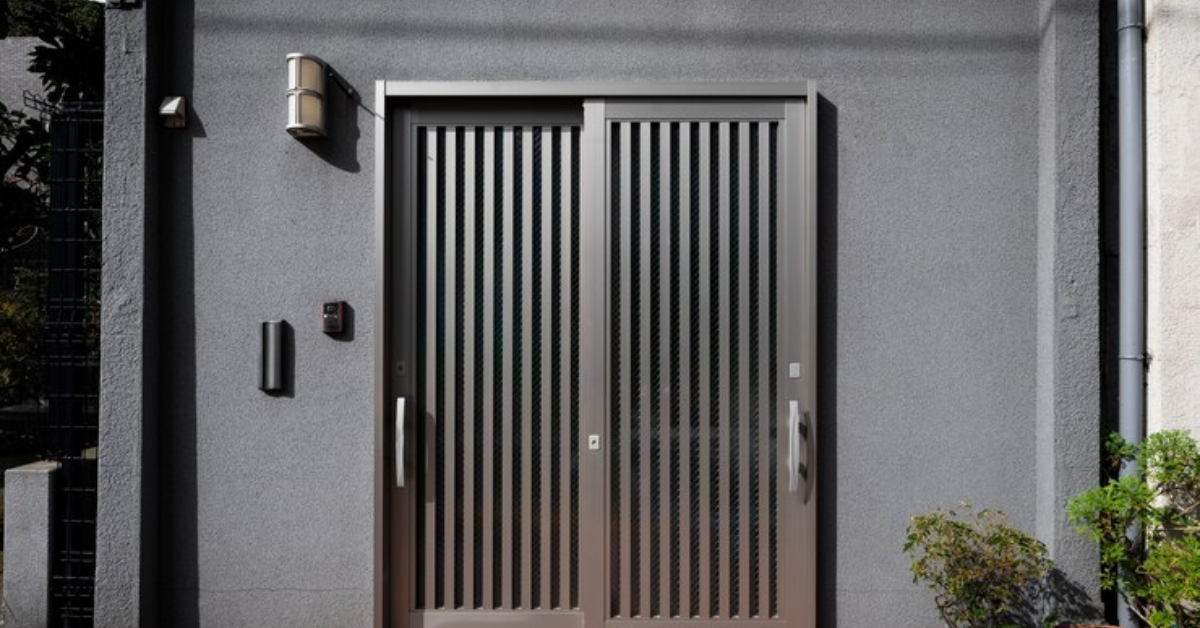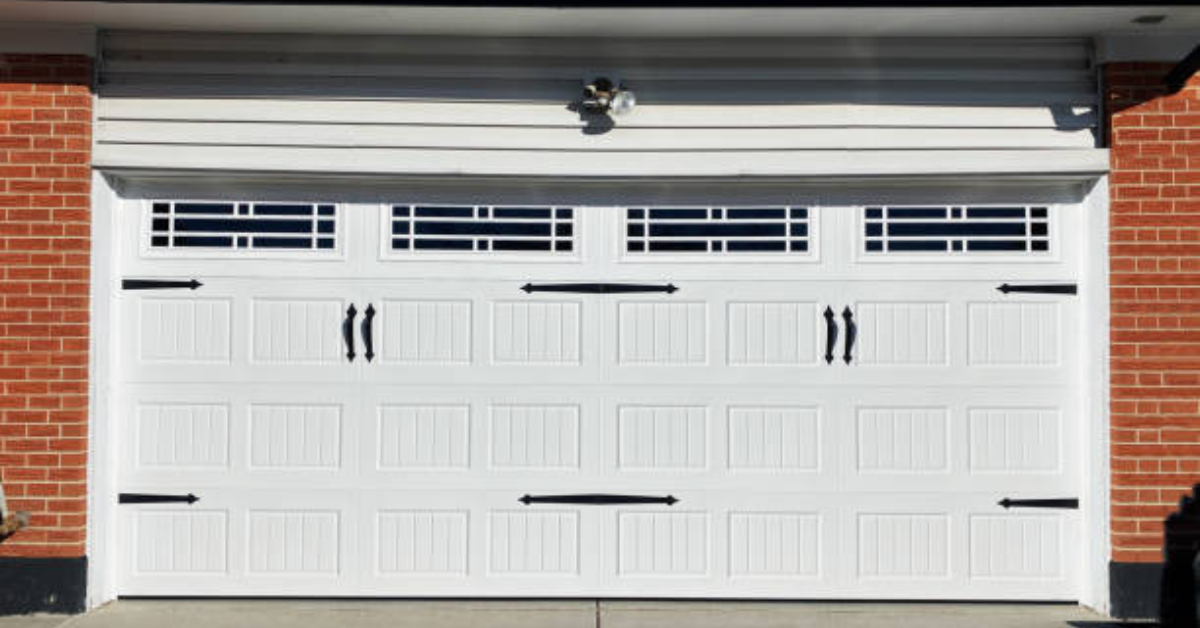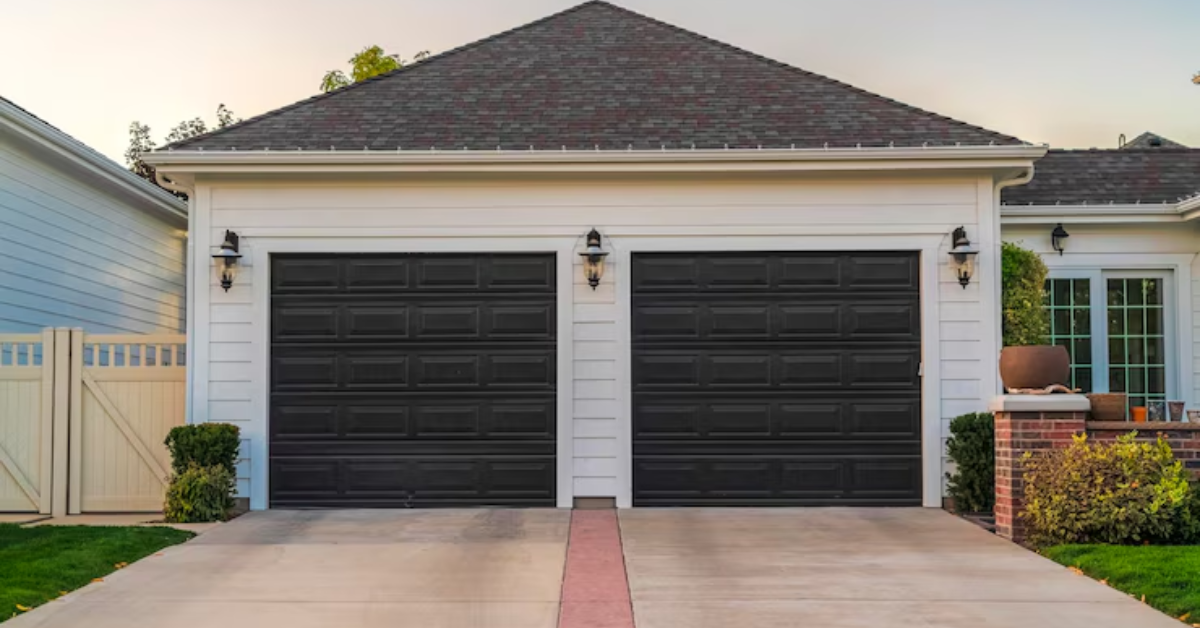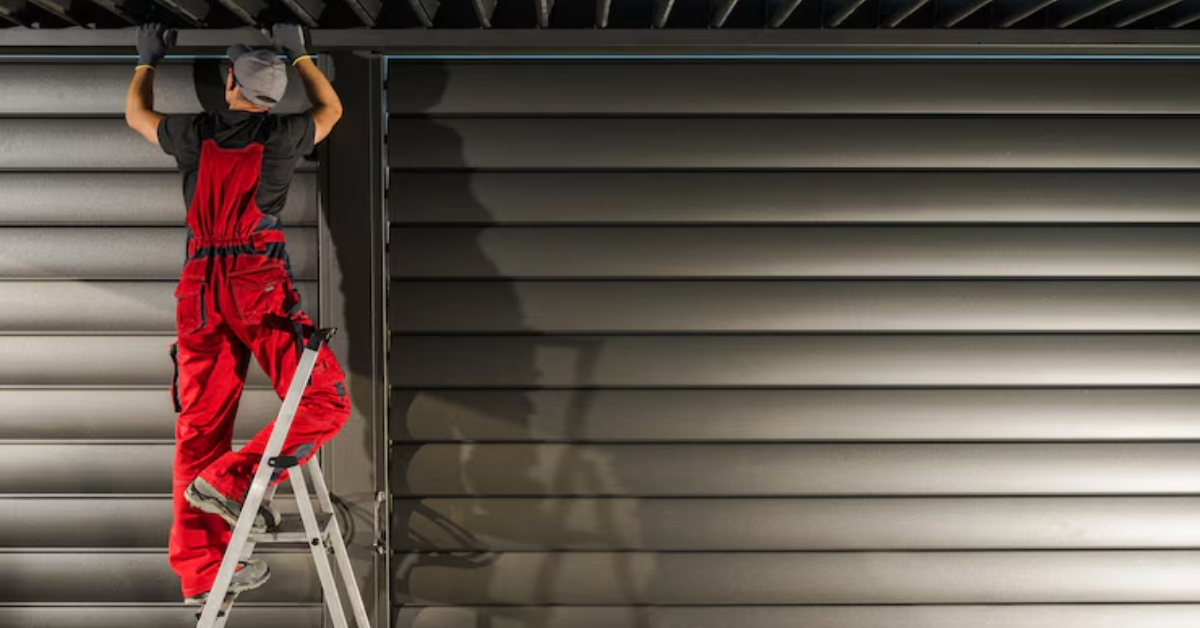Troubleshooting Automatic Door Latch Issues
Automatic door latches are a convenient feature in homes and businesses, providing security and ease of use. However, like any mechanical system, they can experience problems over time. Understanding common issues and how to troubleshoot them can save you time and the cost of unnecessary repairs. In this guide, we'll cover some of the most common automatic door latch issues and provide troubleshooting tips to get your door functioning properly again.
1. Door Latch Won’t Lock Properly
One of the most frequent problems with automatic door latches is the latch failing to lock properly. This issue could compromise the security of your property and should be addressed promptly.
Possible Causes:
- Misalignment: The latch and strike plate must align for the door to lock. Over time, the door may shift due to natural settling or wear and tear, causing misalignment.
- Debris or Obstruction: Dust, dirt, or other debris can accumulate in the latch or strike plate, preventing the latch from engaging fully.
- Worn Out Components: Over time, the latch mechanism can wear out, causing it to malfunction.
Troubleshooting Steps:
- Check Alignment: Ensure that the latch and strike plate are properly aligned. Close the door slowly and observe if the latch hits the strike plate correctly. If not, you may need to adjust the strike plate or the door hinges.
- Clean the Mechanism: Remove any debris or dirt from the latch or strike plate. Use a dry cloth or small brush to clean out any accumulated particles.
- Inspect for Wear: If you notice visible wear on the latch, it may be time to replace it. Call a professional for assistance if you're unsure about doing this yourself.
2. Automatic Door Latch Sticking
Another common issue is the latch sticking, making it difficult for the door to open or close smoothly. This problem can be frustrating, especially when the door fails to latch properly or opens unexpectedly.
Possible Causes:
- Lack of Lubrication: Friction in the latch mechanism due to insufficient lubrication can cause sticking.
- Warped Door Frame: Extreme temperatures or moisture exposure can cause the door frame to warp, making the latch mechanism stick.
- Mechanical Failure: Internal components of the latch may be failing, leading to irregular operation.
Troubleshooting Steps:
- Lubricate the Latch: Apply a silicone-based lubricant to the latch mechanism. Avoid using oil-based lubricants, as these can attract dust and cause further sticking issues.
- Check the Door Frame: If the door frame has warped, it may require professional repair or replacement. Ensure that the door sits properly in the frame when closed.
- Test for Mechanical Problems: If lubricating the latch doesn’t resolve the issue, the internal components may be damaged. In this case, it’s best to call a professional technician to inspect the latch.
3. Door Latch Not Responding to Controls
If your automatic door latch is not responding to the control panel or remote, it could indicate an issue with the electrical components or software.
Possible Causes:
- Dead Batteries: If your latch is operated by a remote or key fob, dead batteries could be the cause.
- Power Supply Issues: If the door latch is connected to a power source, an interruption in power could cause it to malfunction.
- Software Glitches: Sometimes, the software controlling the latch can freeze or malfunction, causing it to become unresponsive.
Troubleshooting Steps:
- Check Batteries: Replace the batteries in the remote or key fob to see if this resolves the issue.
- Verify Power Supply: Ensure the latch is receiving power. Check the circuit breaker or power supply for any issues. If the door latch operates on a hardwired system, ensure that the wiring is intact and not damaged.
- Reset the System: In some cases, resetting the system can resolve software-related issues. Refer to the user manual for instructions on how to reset the latch or call a professional for assistance.
4. Automatic Latch is Making Strange Noises
If your automatic door latch is making unusual noises, such as grinding or clicking, it may be a sign of an internal mechanical issue or the need for maintenance.
Possible Causes:
- Worn Out Motor: If the latch system includes a motor, wear and tear over time can cause it to make strange noises.
- Loose Components: Parts inside the latch mechanism may have come loose, leading to abnormal sounds.
- Lack of Lubrication: Again, lack of proper lubrication can lead to grinding noises as metal components rub against each other.
Troubleshooting Steps:
- Inspect for Loose Parts: Open the latch casing (if accessible) and check for any loose components. Tighten any screws or bolts that may have come undone.
- Lubricate Moving Parts: Apply lubricant to any moving parts, especially if the noise resembles grinding.
- Replace the Motor: If the motor is failing and causing excessive noise, it may be time to replace it. This is a job best left to a professional, as it requires specialized knowledge and tools.
5. The Latch is Frozen in Winter
Cold weather can cause an automatic door latch to freeze, particularly in regions where temperatures drop below freezing. This can make it impossible to open or close the door, leaving your property vulnerable.
Possible Causes:
- Frozen Mechanism: Moisture can accumulate inside the latch and freeze, preventing it from moving.
- Temperature Sensitivity: Some materials used in door latches are more sensitive to cold temperatures, making them expand or contract.
Troubleshooting Steps:
- De-Ice the Latch: Use a de-icing spray or apply warm (not boiling) water to the latch to melt any ice. Be careful not to use excessive force, as this can damage the latch.
- Prevent Future Freezing: To prevent freezing, apply a thin layer of lubricant to the latch and keep the surrounding area clear of snow and ice. You can also use weather stripping to seal gaps that allow cold air in.
Conclusion
Troubleshooting automatic door latch issues can often be handled with some basic maintenance and inspection. Common problems such as misalignment, lack of lubrication, electrical issues, and freezing can be easily fixed if addressed promptly. However, for more complex issues like internal mechanical failure or software malfunctions, it’s best to consult a professional. Regular maintenance and addressing small issues as they arise will help you keep your automatic door latch functioning smoothly, ensuring security and convenience year-round.




